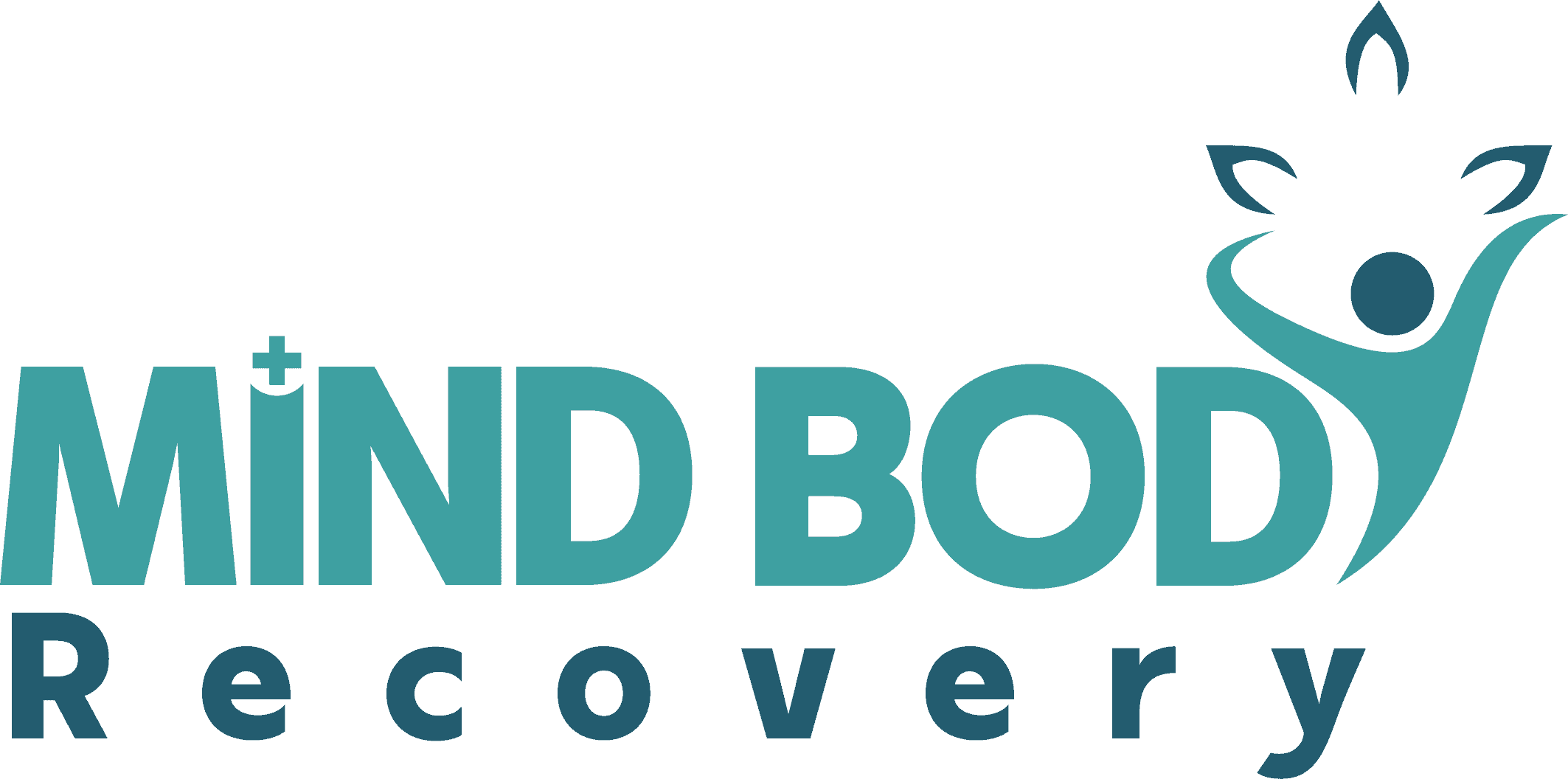Being a ‘dry drunk’ is a slang expression infamously known in the sober community. It describes a person who no longer drinks or abuses drugs, but continues to behave in dysfunctional ways. Although it originated from the AA camp, the term is used and understood by most in society today, but regardless of what recovery method you use the term still applies.
If the emotional/psychological side of becoming sober is not dealt with, the alcoholic or addict can find themselves lazy, irritable, easily annoyed or quick to anger and will defend and justify at the slightest questioning or provocation.
Here are 7 characteristics of the ‘dry drunk’. Because they may not know how to handle these realizations, they may use you as a punching bag for their frustration and discontent.
1. Resentment at a spouse, parent or whomever that has made them stop drinking.
2. Realizing that because of their drinking, they may have not realized goals, dreams and potentials.
3. Wondering if it’s too late, or if they are even capable of achieving those goals or dreams.
4. Because of their drinking where unable to sustain a loving relationship with a partner and subsequently never experience having a family of their own.
5. Having to accept the wasted years due to drinking.
6. Anger at not being able to venture out or challenge themselves for fear of failure. The alcoholic may not have had any normal life experience with failure and success, which in turn would make them stronger and wiser. Instead those years were consequently shut out of dealing with life on life’s terms due to the alcoholic addiction.
7. Jealous of others for their stick-to-it-ness perseverance and strength. Resenting the family member or friend for their dreams and therefore not being supportive, questioning their ability to pursue their passion and dampening their spirit for success.
One of the keys for success for the alcoholic or addict is to find something that they are passionate about. After dealing with the emotional and psychological turmoil that triggered the addiction in the first place, they need something to replace the total encompassing state they had during their addiction. This in turn might quell a lazy disposition or knee jerk anger.
Finding a dream that is attainable and can one day become real is strong emotional medicine for the alcoholic that is in recovery. It helps them appreciate the need for expanding their clean and sober lifestyle beyond the act of just not indulging in their addiction. It stands to reason that if the alcoholic can funnel his or her energy toward healthy, productive objectives, they will rid themselves of the negative disposition of the “dry drunk”.

